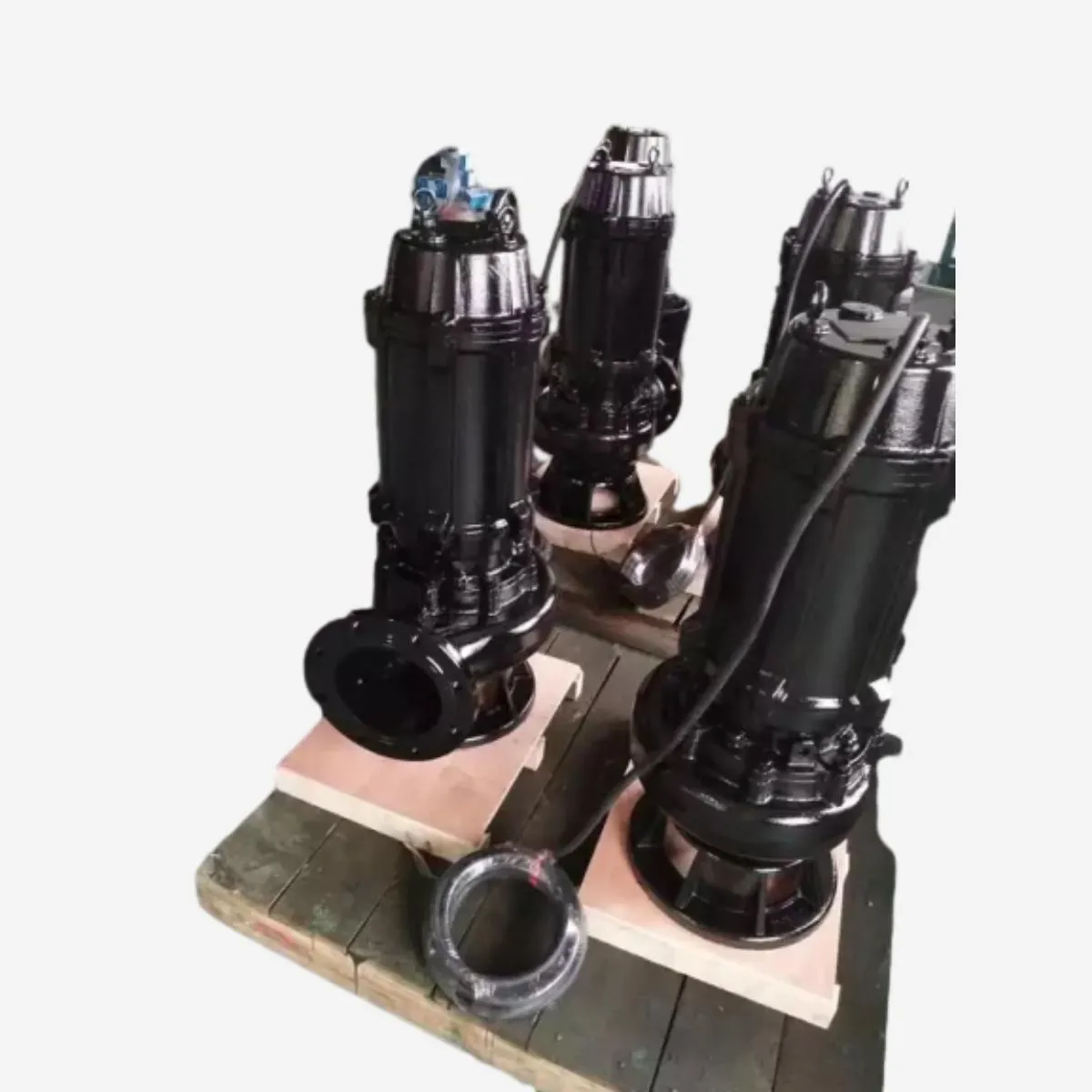Swedish
- Afrikaans
- Albanian
- Amharic
- Arabic
- Armenian
- Azerbaijani
- Basque
- Belarusian
- Bengali
- Bosnian
- Bulgarian
- Catalan
- Cebuano
- Corsican
- Croatian
- Czech
- Danish
- Dutch
- English
- Esperanto
- Estonian
- Finnish
- French
- Frisian
- Galician
- Georgian
- German
- Greek
- Gujarati
- Haitian Creole
- hausa
- hawaiian
- Hebrew
- Hindi
- Miao
- Hungarian
- Icelandic
- igbo
- Indonesian
- irish
- Italian
- Japanese
- Javanese
- Kannada
- kazakh
- Khmer
- Rwandese
- Korean
- Kurdish
- Kyrgyz
- Lao
- Latin
- Latvian
- Lithuanian
- Luxembourgish
- Macedonian
- Malgashi
- Malay
- Malayalam
- Maltese
- Maori
- Marathi
- Mongolian
- Myanmar
- Nepali
- Norwegian
- Norwegian
- Occitan
- Pashto
- Persian
- Polish
- Portuguese
- Punjabi
- Romanian
- Russian
- Samoan
- Scottish Gaelic
- Serbian
- Sesotho
- Shona
- Sindhi
- Sinhala
- Slovak
- Slovenian
- Somali
- Spanish
- Sundanese
- Swahili
- Swedish
- Tagalog
- Tajik
- Tamil
- Tatar
- Telugu
- Thai
- Turkish
- Turkmen
- Ukrainian
- Urdu
- Uighur
- Uzbek
- Vietnamese
- Welsh
- Bantu
- Yiddish
- Yoruba
- Zulu
Telephone: +86 13120555503
Email: frank@cypump.com
aug . 23, 2024 18:27 Back to list
Sewage Pump Solutions for Efficient Toilet Waste Management and Disposal
Understanding Toilet Sewage Pumps A Comprehensive Overview
Toilet sewage pumps play a crucial role in maintaining sanitation systems in homes and commercial establishments. These specialized pumps are designed to transport wastewater from toilets, sinks, and showers when gravity alone cannot effectively move the waste to the main sewer line or septic tank. This article delves into the function, types, and benefits of toilet sewage pumps, shedding light on their importance in modern sanitation.
The primary function of a toilet sewage pump is to handle and pump wastewater that may contain solids. Unlike standard plumbing systems that rely on gravity for movement, sewage pumps use powerful motors and impellers to create the necessary pressure to move waste efficiently. These pumps are especially valuable in basements or lower levels where plumbing fixtures are located below the main sewer line. By utilizing a sewage pump, homeowners can install bathrooms or laundry rooms in areas that would otherwise be impractical due to the lack of a natural drainage slope.
There are primarily two types of toilet sewage pumps macerating pumps and grinding pumps
. Macerating pumps contain sharp blades that liquefy solid waste, allowing it to be easily pumped through smaller pipes. This type of pump is particularly advantageous for renovations or additions where traditional plumbing may be challenging to implement. On the other hand, grinding pumps also break down solids but offer a more robust solution for larger volumes of wastewater, making them suitable for commercial settings or high-usage residential scenarios.Choosing the right sewage pump depends on several factors, including the volume of wastewater, the distance to the main sewer line, and the type of waste being handled. It’s essential for homeowners and builders to consider these elements to select a pump that will operate effectively and efficiently over time. Additionally, installation requirements may vary, and professional assistance is often recommended to ensure compliance with local plumbing codes and regulations.
toilet sewage pump

The benefits of investing in a high-quality toilet sewage pump extend beyond mere convenience. Properly functioning sewage pumps help prevent overflows and backups, which can lead to unsanitary conditions and costly repairs. By keeping wastewater moving smoothly away from your home, these pumps reduce the risk of damage to plumbing systems and mitigate potential health hazards associated with sewage leaks.
Moreover, modern sewage pumps are designed with energy efficiency in mind. Many models feature automatic operation, where the pump activates only when needed, thereby conserving energy. Additionally, advancements in technology have resulted in quieter operation, making it more pleasant to have a sewage pump in your living space.
Maintaining a toilet sewage pump is relatively simple. Regular inspections and occasional cleaning can help ensure optimal performance. Homeowners should also be mindful of what goes down their toilets and drains; items such as wipes, feminine hygiene products, and food waste can cause clogs and damage the pump.
In conclusion, toilet sewage pumps are essential components of effective sewage management systems, especially in situations where traditional plumbing solutions are inadequate. By understanding their functions, types, and maintenance needs, homeowners can make informed decisions that enhance their living spaces' functionality and sanitation. Investing in a reliable sewage pump is not just a matter of convenience; it is a step towards ensuring a healthier, safer environment.
-
ISG Series Vertical Pipeline Pump - Chi Yuan Pumps Co., LTD.|High Efficiency, Energy Saving, Low Noise
NewsJul.30,2025
-
ISG Series Vertical Pipeline Pump- Chi Yuan Pumps|High Efficiency&Low Noise
NewsJul.30,2025
-
ISG Series Vertical Pipeline Pump-Chi Yuan Pumps Co., LTD.|High Efficiency&Energy Conservation
NewsJul.30,2025
-
ISG Series Vertical Pipeline Pump - Chi Yuan Pumps Co., LTD.|Advanced Hydraulic Design&Energy-Efficient Solutions
NewsJul.30,2025
-
ISG Series Vertical Pipeline Pump - Chi Yuan Pumps Co., LTD.
NewsJul.30,2025
-
ISG Series Vertical Pipeline Pump - Chi Yuan Pumps Co., LTD.|energy-efficient fluid handling&industrial durability
NewsJul.30,2025










